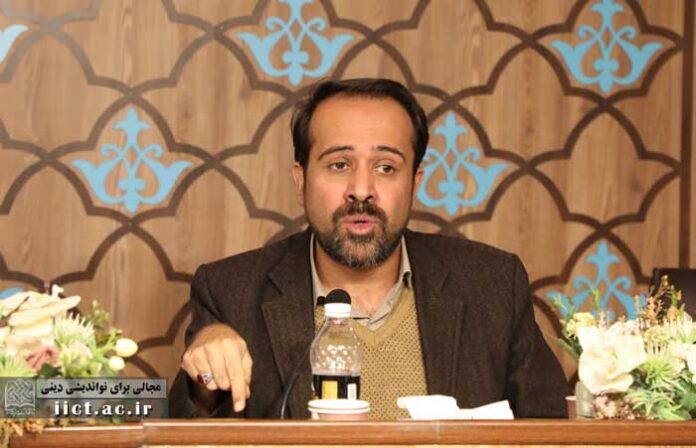Written by Dr. Mehdi Sadafi, Member of the Cultural Research Council, Research Institute for Islamic Culture and Thought, On the occasion of the National Conference on the Philosophy of Culture, with emphasis on the views of Ayatollah Khamenei
In his Encyclopedia of Alai, Ibn Sina refers to the intermediate science as “Culture” and “Asceticism.” Culture is conceptually related to terms such as refinement, standardization, hardship, training, and measurement. In general, it means extracting something from something else through difficulty and ascetic practices. The intermediate level of cultural science suggests that an individual must separate themselves from the world of nature and be prepared to receive philosophical knowledge, though they do not yet have the ability to understand primary philosophy. On this point, Ferdowsi describes the measuring intellect and thought as incapable of understanding the divine:
“He who measures both intellect and soul,
In hardened thought, how can he grasp the divine?”
On the other hand, Mani’s fundamental teaching is described as “soul-clarification,” which means extracting the light of souls from the darkness of abyssal depths and monstrous bodies.
Ibn Sina, in defining cultural science and asceticism, or education based on Aristotle’s view, says: “Although these phenomena are mingled with the substance of the sensible and are in motion, they can still be conceptually separated and considered without matter.” This intermediate degree can be compared to Hegel’s view on culture. According to him, through mediation and the intermediary role of culture, natural being and individuals alienate themselves (Entäusserung) and become prepared to reach their actuality and essence. Thus, culture has an intermediate, formal, and abstract role and operates according to general principles and models without considering the specific details related to them…
An enlightened and elite person can give a general character to their thoughts within society and display them in models, but they remain unaware of the concrete reality of those models. Enlightenment, like the science of education, is ultimately an intermediate form of intellect that prepares the ground for rational growth and familiarizes the mind with generalities and abstractions. From social phenomena, it extracts cultural patterns; however, these patterns, like mathematical models, do not fully apply to their specific instances. Cultural analyses, like mathematical proofs, are definite but differ from the empirical and theological sciences, which are descriptive and contingent rather than essential and intrinsic.
Cultural science plays a preparatory and foundational role in the development of rationality. However, a seasoned political or civil leader realizes through experience whether or not a cultural model fully applies to its specific instances. Hence, Aristotle considers political science a field for experienced and practically trained individuals, while mathematics, according to the Sheikh Ishraq, is meant for childhood in order to strengthen the mind and enable it to think in generalities. Therefore, in the intermediate science or cultural science, an individual suffers from alienation because they neither live like the common people in the heart of society with practical insight nor have reached the intellectual maturity required to correctly identify the appropriate instances of the cultural model/abstract form and apply them with expertise.




